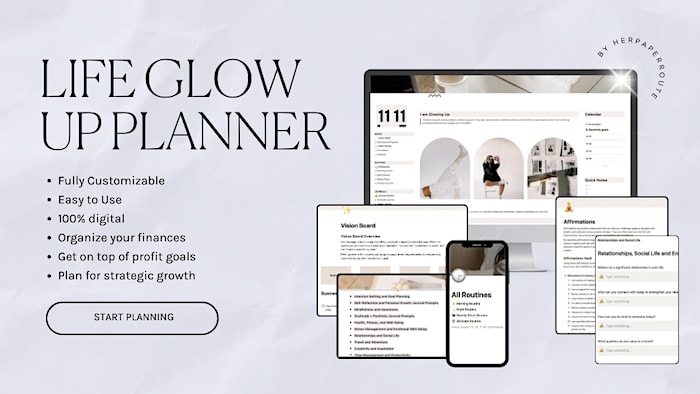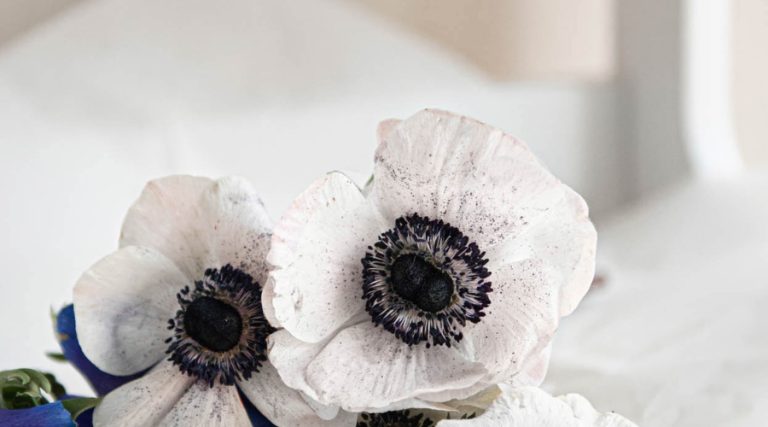How to reduce anxiety NOW – Learn 10 powerful ways

Anxiety is defined as a feeling of worry, nervousness, or unease. Where you feel like an event is going to happen where you are not in control. The restless fear of an uncertain outcome.
Some might say that this is the state of life in general because we cannot predict the future. All that you really can control is how you respond to situations that life throws at you.
While the above may be true, elevated levels of anxiety can wreak havoc in your life. Read on to learn more on how it does and what to do about it,
What is anxiety?
The sensation of nervousness is part of our evolution because it helps the brain detect danger with the fight-flight-freeze response. When we experience physical responses, such as faster heartbeats and/or sweating, the brain releases adrenaline to determine whether or not to run from the predator or confront it. This function helped our species to survive from predators, and it remains part of our “threat detection” chemistry for unsafe environments today.
As an affiliate partner of various brands and sponsored content, we may earn commission on qualifying purchases. Disclaimer | Advertise With Us
General anxiety is a normal reaction leading up to an important event or milestone in life. It is perfectly normal to feel uneasy when you are getting ready to get on stage for a performance or public speaking in front of a large group of people.
Feeling these emotions in your body as you are encountering the situation or milestone is part of the overall occurrence of achieving a goal and performing well. The confidence gained from moving through the situation successfully is one of the beautiful outcomes after the performance or milestone has passed.
The duration and/or severity of the feelings of worry and unease along with physical symptoms of anxiety, such as restlessness, trouble sleep , issues with concentrating and hyper irritability, interrupting daily life is the main indication of general anxiety disorder.
What are the types of anxiety disorders
Different types of anxiety disorders are:
- Panic Disorder. This type is usually referred to as panic attacks. It occurs with unanticipated severe fear occurring along with physical reactions, which include pain in the chest, dizziness, heart palpitations, happening over and over.
- Obsessive Compulsive Disorder. Two main distinctions determine OCD to deal with anxiety. Obsessive and unwanted thoughts and ideas combined with compulsive behaviors around extreme orderliness usually characterize OCD.
- Post-Traumatic Stress Disorder usually is centered around a deeply disturbing event, which is re-lived over and over in the forms of flashbacks and nightmares. It can cause constant sleeping difficulties and other symptoms that interfere with daily living.
- Social Anxiety Disorder occurs when intense fear about interacting with people occurs. It is considered a disorder when it prevents functioning in daily life with others you know and don’t know at school, work or other activities.
Common anxiety-related health conditions
Prolonged anxiety levels can also lead to many health problems over the long term. For example, heart issues and chest pain can result from feelings of anxiety. An anxiety attack elevates your heart rate and can interfere with normal function. It can also increase risk of heart attack as a worst-case scenario
Diabetes is another common health condition linked to anxiety and anxious thoughts but the research varies and how it impacts people also varies. Stress, which can cause heightened distress and anxiety, can impact blood sugar levels. People with type 1 diabetes, which is more of a genetic condition than life-style related, seem to be more impacted physically from stress.
Triggers for anxiety
Almost any life situation can cause anxious feelings. Social scenarios, a disorderly environment and other environmental factors, stress, conflict, work, and a lack of sleep, can trigger increased levels of anxiety. In addition, caffeine and a lack of self care can also spur unwanted anxiety. Daily life and any specific situation without anxiety is abnormal, and it is part of the human condition to experience some level of anxiety regularly.
However, anxiety disorders can develop when extreme life situations occur, including a traumatic event, stress from an illness, prolonged stress, the presence of other mental health issues and family history.
10 ways to overcome anxiety
Whether you are dealing with normal anxiety or a specific type of anxiety disorder, there are well-known techniques that can alleviate anxiety.
Utilize relaxation techniques.
Typical stress reduction methods are good for alleviating anxiety. Focusing on deep breathing is good idea and an easy way to relieve anxiety that is good to use anywhere for any situation. We like the box-breathing method where you inhale and exhale through your nose counting slowly to 4 with a slow four-count breath-hold in between the inhale and exhale. You want to make sure that your deep breaths come from the abdominal area. In just 60-90 seconds, deep breathing calms your nervous system, where anxiety starts.
Meditation can also help to relax the body to reduce stress and anxiety. Sitting upright with your feel planted on the floor along with some deep breathing and an intentional focus on something good in your life for 2-3 minutes can disrupt anxiety-inducing negative and obsessive thoughts.Finally, many mental health experts also suggest progressive muscle relaxation in which you have to contract and release different muscle groups, which eases the blood flow and calms your body. Releasing muscle tension in combination with deep breathing helps to induce a state of calmness.
Use daily affirmations.
Positive statements are also great tools for overcoming anxiety. The repetition of an affirming statement shifts your mind away from the thought or situation that is causing anxiety and to something that makes you feel safe.
For example, many times anxiety is caused by a deep need for safety. When you become aware of it, repeating, “I am safe in this moment. I am safe in this moment. I am safe in this moment.” with your eyes closed followed by some deep breathing is a technique used by many in the Well and Wealthy community. Check out Well and Wealthy’s articles on affirmations:
- 22 affirmations to tame negative self talk and your inner critic
- 45 affirmations daily powerful positive affirmations about beauty
- 33 affirmations to spur self confidence and performance at work
Get moving.
Movement, such as yoga or tai chi and other physical activity, are also great ways to address anxiety problems. Slow movements help to refocus your attention on the body. This interrupts the ruminating thoughts than can cause anxiety. By concentrating on moving, you mind has less opportunity to revert back to the thoughts triggering the anxiety.
Take care of yourself.
Self care as part of your daily tasks is another way to proactively avoid anxiety. What you eat, drink and consume impacts how you feel. A well-balanced eating regimen, drinking lots of water, limits on caffeine and alcohol are important elements of reducing anxiety. Likewise, it is important to take time for yourself to enable down time. This is where hobbies can really amp up your self care. Doing something for the sake of enjoyment, such as getting in nature, painting, anything involving creating, are important for caring for your brain and spirit.
Get the negativity out on paper.
Writing down all of your negative thoughts, fears and worries about a situation that is causing anxious thoughts is a good way to reduce anxiety. Then, tear it up and throw it away as a symbolic measure of ridding your body and spirit of it all.
Use gratitude.
When you became aware of your obsessive negativity, write down 5 things that you are grateful for and why.
Analyze the worst case scenario and assess how likely it is to happen.
Once you bring in some realism and the corresponding low likelihood of occurrence, you can see how the worst case scenario can be disproportional to the likely outcome.
Enroll in cognitive behavior therapy (CBT).
For those with anxiety disorders, it is usually advisable to engage an mental health professional who can help you find ways to reduce anxiety. CBT with a health care provider and help you to understand the root causes of anxiety. CBT is known to be effective at relieving depression and anxiety disorders because it is rooted in the belief that psychological problems are based on faulty thinking habits patterns of unhelpful behavior. CBT treatment focuses on changing thought habits and patterns.
Try employing the 3-3-3 rule.
Engage your senses for distraction by looking around and identifying three things that you see, three sounds that you hear, and move three parts of your body. Doing this will automatically bring you back to the present moment and disrupt the restless and unsettled mental state.
Watch something funny. When you are in a sour mood, you can watch funny animal videos.
For most, you cannot help but smile and maybe even laugh, which is part of the body’s natural mood boosters function when the brain releases endorphins.
Feeling overwhelmed due to anxiety is common, but it is crucial to understand that little steps will help you manage anxiety and live a happier and more productive life!
If you like this article, you might enjoy:
- Our free self-care checklist to overcome anxiety and depression
- 6 powerful ways to stop anxious attachment
- How to stop all or nothing thinking: Learn 5 ways








